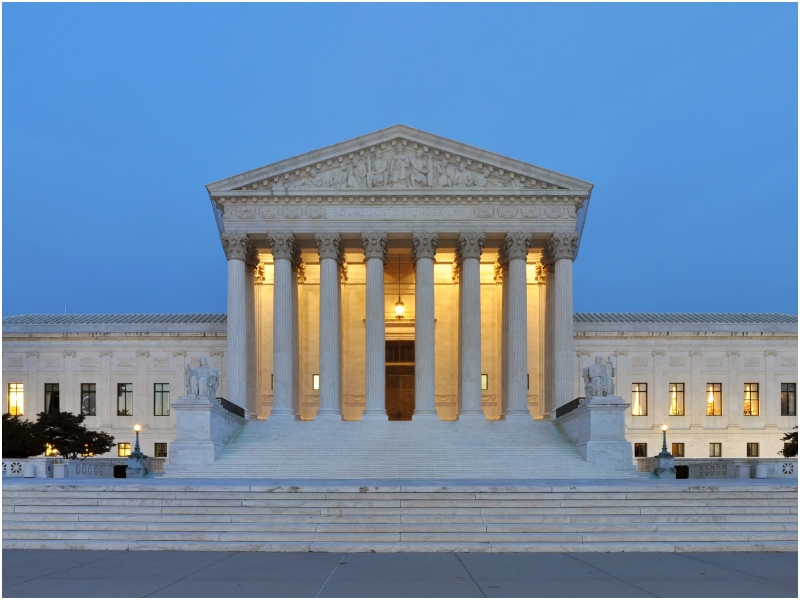The Supreme Court on Monday agreed to decide how difficult it should be for employers to prove in court that their workers qualify for exemptions from overtime pay and other legal protections under U.S. wage laws. The justices granted a petition by grocery distributor EMD Sales Inc to review a 4th U.S. Circuit Court of Appeals ruling that imposed a higher bar on the company to show that sales representatives were exempt from overtime pay than any other appeals court has in a similar case.
The 4th Circuit, citing three decades of its own precedent, ruled that proving workers are exempt from the Fair Labor Standards Act (FLSA) requires “clear and convincing evidence.” The six other courts ruling on the issue have required only “a mere preponderance of the evidence,” the typical standard in civil litigation.
In a brief urging the Supreme Court to take the case, the U.S. Chamber of Commerce stated that the 4th Circuit’s outlier status would encourage plaintiffs to forum shop by filing nationwide class actions in the five states covered by the Virginia-based court, including North Carolina, South Carolina, Maryland, and West Virginia.
In a separate brief, the Biden administration argued that the 4th Circuit was so clearly wrong that the Supreme Court should summarily reverse the decision without granting review.
Lawyers for EMD Sales, which is based in Baltimore and has 150 employees, did not immediately respond to a request for comment. Nonprofit Public Citizen, which filed a brief urging the court to turn down the case, also did not respond after the plaintiffs failed to respond to the company’s petition.
Three workers claimed in a 2017 class action that EMD had improperly classified them as “outside sales employees,” who are primarily engaged in sales away from an employer’s place of business and are exempt from overtime pay under the FLSA. U.S. District Judge James Bredar in Baltimore ruled for the plaintiffs after a bench trial in 2021, finding that their primary duties were not sales but stocking shelves, removing damaged and expired items, and issuing credits to grocery stores.
Despite EMD’s objections, Bredar required the company to show clear and convincing evidence that the exemption applied. The 4th Circuit upheld that ruling last year, stating that Bredar properly applied the appeals court’s precedent on the burden of proof in FLSA cases.
In its petition, EMD argued that the 4th Circuit had unjustifiably imposed a heightened burden in FLSA cases normally reserved for matters such as civil commitment, termination of parental rights, and deportation. “The 1.1 million businesses across the Fourth Circuit should not lose cases they might win in the rest of the country,” the company’s lawyers wrote.
The Supreme Court will hear the case in its next term, which begins in October.

